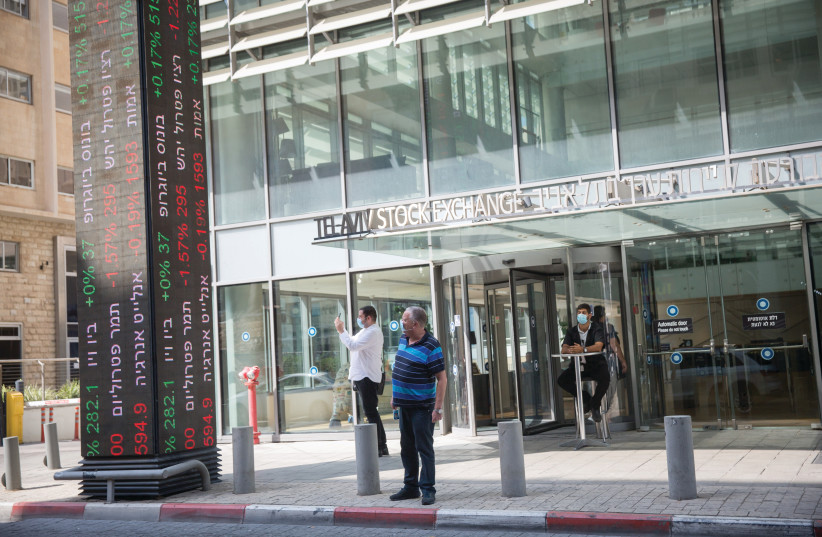The Tel Aviv Stock Exchange on Tuesday published a draft revealing its plan to include cryptocurrency trading in its list of authorized activities for non-banking members. This is a major step toward the full regulation of crypto trading in Israel, and according to experts, it could herald the next phase of the crypto market’s evolution around the world.
Over the past year, the cryptocurrency market has undergone significant upheavals resulting in noticeable changes in crypto trading. These disruptions, along with consumer concerns surrounding fraud, money laundering and theft, have highlighted the necessity for regulation in the sector — especially considering the rapid development of the cryptocurrency market in recent years and the increasing desire from customers to transfer funds derived from trading into their bank accounts.
As such, an increasing number of regulators have moved into the cryptocurrency space, representing a process of maturation that many believe is a significant step in the advancement of the sector as a whole. Centralized processes for the regulation of cryptocurrency activity in the United States and the European Union are in various stages of progress.
“Finally Israel, along with the rest of the world, is moving forward with regulations,” said analyst and veteran trader Ilan Tennenbaum With everything that happened in 2022 there is a desperate need to defend customers and to provide [asset] safety, and this will be the next phase of this market. I’m happy to see that they’re doing the same in Israel; this will really open competition and bring in more entrepreneurs.”
How will regulation affect the market?
While in the short term regulation could lead to a decline in the crypto market, addressing concerns surrounding crypto trading such as money laundering and fraud is likely to mitigate some of the risks associated with the volatility of the cryptocurrency market.

As well, TASE’s decision to regulate crypto lends much-needed legitimacy to the cryptocurrency market by acknowledging the value and importance of the emerging asset class. This will likely encourage more investors to enter the market, which could lead to increased liquidity and stability.
“Even if in the beginning it looks like it’ll bring the market down because of regulation, if you look at the larger time frame, it’s going to prepare the market for its next phase, which is going to be much bigger,” Tennenbaum said.
